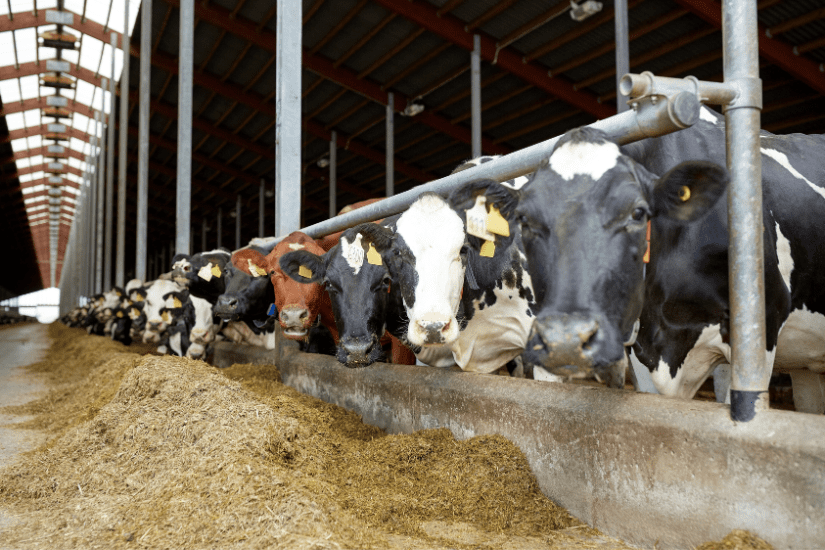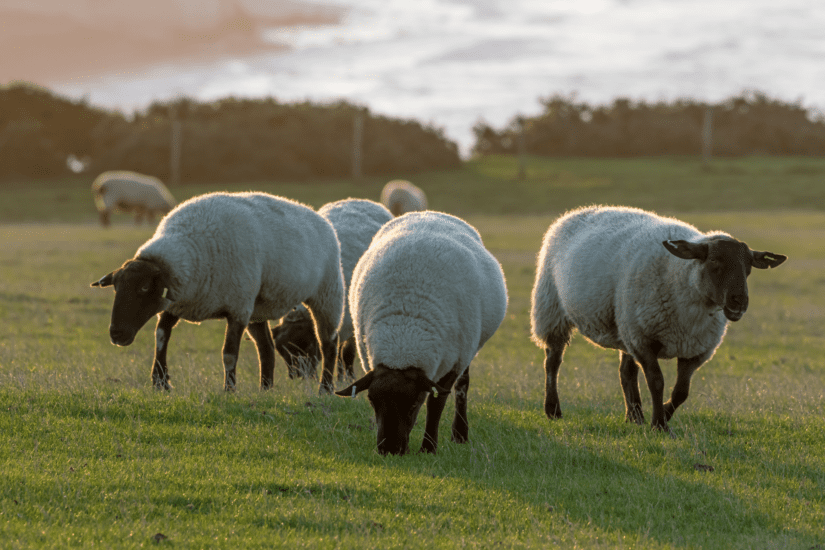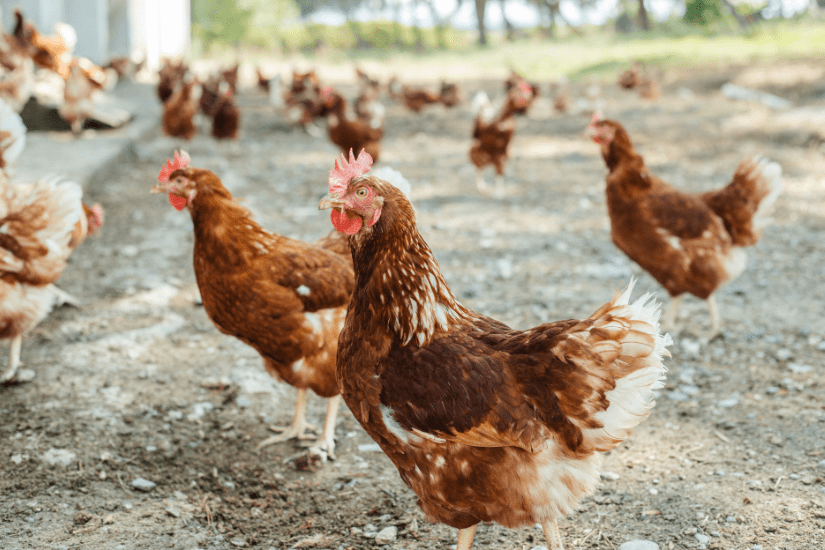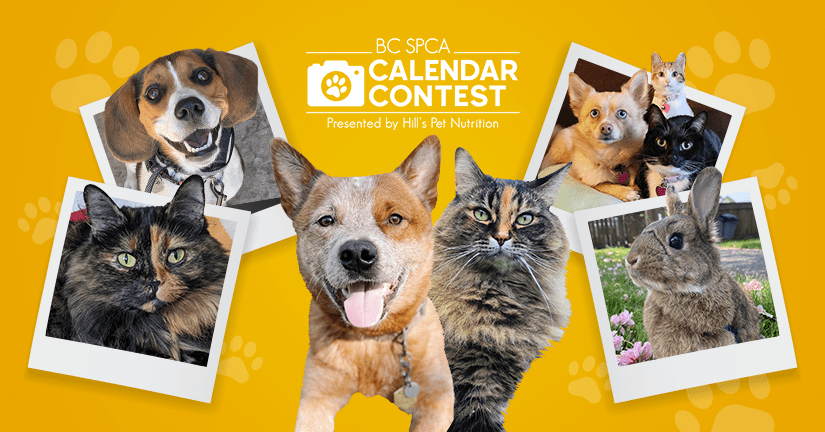In British Columbia, the Prevention of Cruelty to Animals Act (PCA Act) is the provincial animal welfare legislation that protects animals. However, the provincial government is not involved in enforcing this critical legislation—this responsibility has been delegated to the BC SPCA.
The BC SPCA investigates animal cruelty complaints about companion, farm, and wild animals in captivity. The majority of the cruelty complaints received are about companion animals, out of the over 7,600 per year. Approximately 14% of cruelty investigations involve farm animals. Most often, these complaints concern farm animals kept as pets or on hobby farms.
It is rare to receive a complaint of animal cruelty about commercial farms that raise animals for food. This is likely because farmed animals are often raised in rural areas, and most commercially farmed animals are raised indoors for much, if not all, of their lives, making it unlikely that a passerby would see and report a concern.
The BC SPCA has the legal power to proactively inspect farms under the PCA Act and check whether farms meet minimum standards outlined in their relevant Codes of Practice, which outline what activities are acceptable as “generally accepted practices” of industry. However, BC SPCA constables typically only visit farms when someone reports a problem. With thousands of farms across the province, the BC SPCA does not have enough resources to inspect all farms regularly, meaning most farms never get an independent inspection.

Farm inspection facts
Which farms have government inspections for animal welfare? None.
Which farms have BC SPCA inspections for animal welfare? Only farms that receive a cruelty complaint and where the BC SPCA has the capacity to investigate. The BC SPCA has the power to visit any farm, but does not have enough resources to proactively visit all the commercial animal farms in B.C. Additionally, there is no central list of farms raising animals in the province that could be used to locate farms for proactive inspections. Learn more about how the PCA Act applies to farms.
Do farms have any mandatory animal welfare checks? Some farming sectors have created their own animal care inspection programs, based on their respective Code of Practice. These programs vary in their level of oversight, and none are run by independent groups. The inspection results are not shared with the public, and the consequences for failing an inspection are not public.
In B.C. (and the rest of Canada), only certain types of farms must have these farmer-run inspections:
- Egg-laying hen farms (annual on-farm visits)
- Dairy cattle farms (on-farm visits every other year)
- Meat chicken farms (on-farm visits every other year)
- Turkey farms (on-farm visits every other year)
- Pig farms (on-farm visits every three years)
What about other types of animals? Farms with beef cattle, sheep, goats, and other animals either have voluntary or no animal care inspection programs.

Why government inspection matters
Some farmer-run inspection programs are better than others. However, all these programs lack transparency. These programs are meant to show consumers that farm animals are treated well, but they share very little information.
Although many farmers follow the rules and take good care of their animals, there is a lack of trust when farming practices are hidden behind closed doors. Third-party inspection systems demonstrate that everyone follows the rules. Since farmed animals are often kept in barns in rural areas where few people see them, regular government inspections would help identify problems early before they become serious.
What the BC SPCA recommends
In 2023, the BC SPCA participated in a committee formed by the Ministry of Agriculture and Food to recommend steps the B.C. government can take to improve the welfare of farmed animals in B.C. The committee included farmers, veterinarians, the National Farm Animal Care Council, and meat processors. The committee agreed the B.C. government should:
- Inspect farms based on their risk level
- Focus on farms that do not participate in any animal welfare inspection program
- Inspect provincial slaughterhouses, auctions, and fairgrounds
- Share summary reports of inspections with the public
What this all means
There is a big gap between what people believe happens on farms and the reality of animal farming in B.C. Many consumers think the provincial government, or the BC SPCA, ensures farm animals are treated humanely. In reality, the industry mostly regulates itself.
This system raises questions about consistency in animal welfare standards. Animal farming has much less independent oversight than other industries where government inspections are normal, such as daycares and restaurants. While farmer-led programs are a step toward addressing concerns, they are not impartial and do not report results to the public.
The provincial government, farmers, and the BC SPCA must work together to improve animal welfare oversight. More inspection resources, greater reporting transparency, and consistent standards are key to performing this work.
Improving farm animal welfare inspections is not just about meeting consumer expectations. Ensuring all animals raised for food in B.C. receive proper care and treatment is simply the right thing to do.
Some farms voluntarily participate in third-party independent inspections to receive an animal welfare certification – learn more!

Subscribe to FarmSense
Are you passionate about farm animal issues? Subscribe to FarmSense newsletter.
The BC SPCA uses your personal information to update you on our work for animals as well as for advertising and analytics purposes. More information on uses and how to opt-out can be found in our Privacy Policy.

